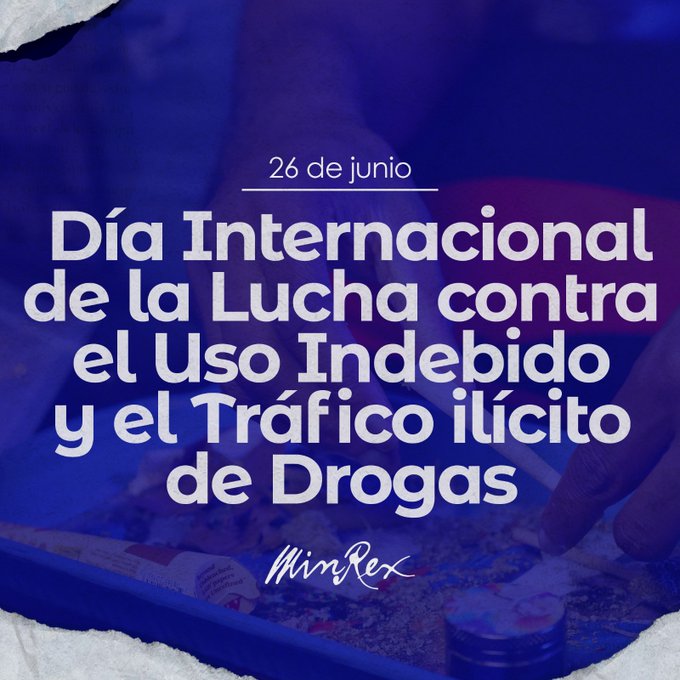Cuba has signed the main multilateral legal instruments on the matter, approved by the United Nations, besides over ten extradition treaties, some 30 legal assistance agreements, an equal number of instruments for transferring convicted persons, and more than 40 drug documents with other countries.
Colonel Juan Carlos Poey, head of the specialized Anti-Drug Directorate at the Interior Ministry (MININT), informed on national television that even though Cuba is not a producer of those substances, its geographical location places it along transit routes for drug trafficking (form the south) and the largest consumer (the United States, to the north).
Poey affirmed that, due to operations against drug traffickers at open sea, drug shipments are often launched, which are carried by sea currents to the Cuban coasts, mainly in the northern provinces of Guantanamo, Holguin, Las Tunas, Camagüey, and Ciego de Avila’s northern keys.
On December 7, 1987, the United Nations General Assembly (UNGA) proclaimed June 26 as International Day against Drug Abuse and Illicit Trafficking to show its determination to strengthen global action and cooperation to achieve a drug-free society.
The celebration aims to raise awareness of the severe problem that illicit drugs pose to society.
jrr/iff/ebe









